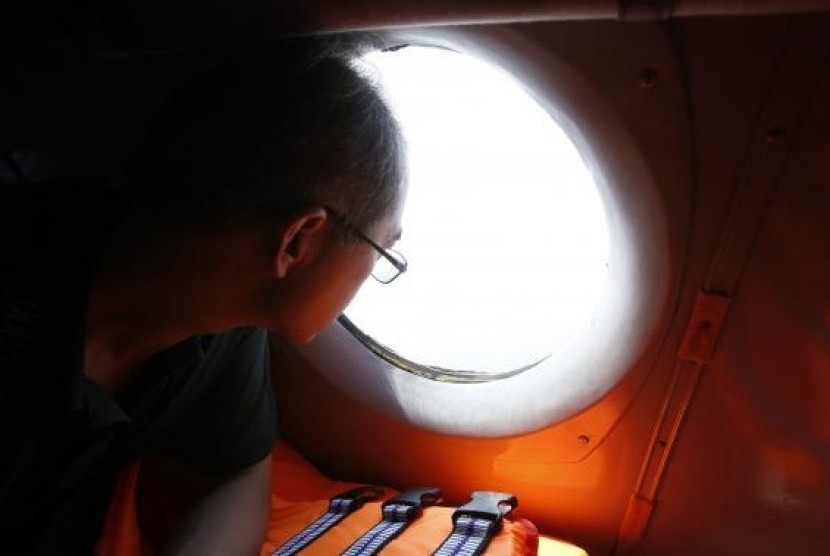REPUBLIKA.CO.ID, KUALA LUMPUR/NEW YORK/LONDON - Investigators trying to solve the disappearance without trace of a Malaysia Airlines jetliner face an extremely rare challenge that could hinder their efforts: they lack the powers of a formal air safety investigation.
Four days after Flight MH370 went missing in mid-air with 239 people on board, no nation has stepped forward to initiate and lead an official probe, leaving a formal leadership vacuum that industry experts say appears unprecedented.
Malaysian officials are conducting their own informal investigations, in cooperation with other governments and foreign agencies, but they lack the legal powers that would come with a formal international probe under UN-sanctioned rules.
Those powers include the legal rights to take testimony from all witnesses and other parties, the right to have exclusive control over the release of information and the ability to centralize a vast amount of fragmentary evidence.
A senior official familiar with the preliminary Malaysian probe said Malaysian authorities could not yet convene a formal investigation due to a lack of evidence on where -namely, in which national jurisdiction- the Boeing 777-200ER jet crashed. The Malaysians have begun collecting information from neighboring countries without any problems, including air-traffic control communications and radar data, he said. "There have been no issues in getting that information."
But Southeast Asian waters are rife with territorial disputes, and any decision by Malaysia to unilaterally open a formal investigation under UN rules could be seen as a subtle assertion of sovereignty if the crash site turns out to be inside another country's territory.
Without a formal investigative process being convened quickly under rules set out by the International Civil Aviation Organization (ICAO), a UN agency, there was a risk that crucial early detective work could be hampered, and potential clues and records lost, air accident experts said.
The lack of a formal investigation also means Malaysia does not have exclusive control over the release of information or the ability to centralize fragmentary evidence such as wreckage parts and witness accounts, effectively relying for cooperation on other parties' good-will, the experts said.
Under a formal investigation, a board is set up to designate parties to the investigation, including the plane maker, engine maker, unions, the airline and aviation safety regulatory agency of the country where the airline is based. Each of these parties typically has a representative on each of the working groups.
"If they haven't even decided what country is in charge of the investigation, then whatever is being done at this point is probably suffering from a severe lack of top-down control and coordination," said Ted Ellett, an aviation lawyer at Hogan Lovells in Washington and a former Federal Aviation Administration (FAA) chief counsel.


